Politics
Pete Buttigieg Clashes with Republican Rep Over Biden Admin’s Electric Vehicle Policy
By Jake Beardslee · June 28, 2024
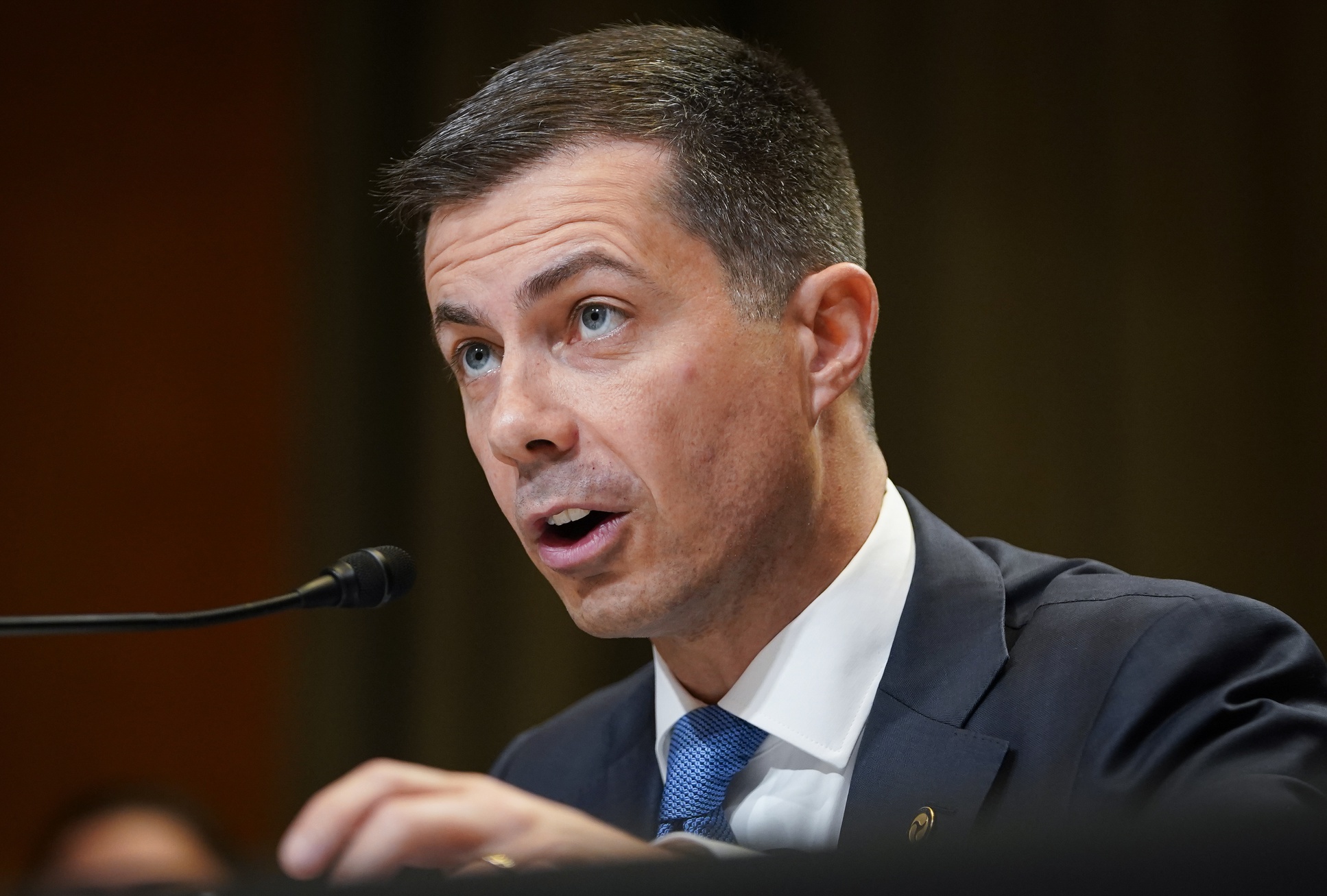
The hearing focused on the ongoing debate surrounding the government's role in promoting EV adoption and the broader implications for the automotive industry and environment. Jack Gruber-USA TODAY
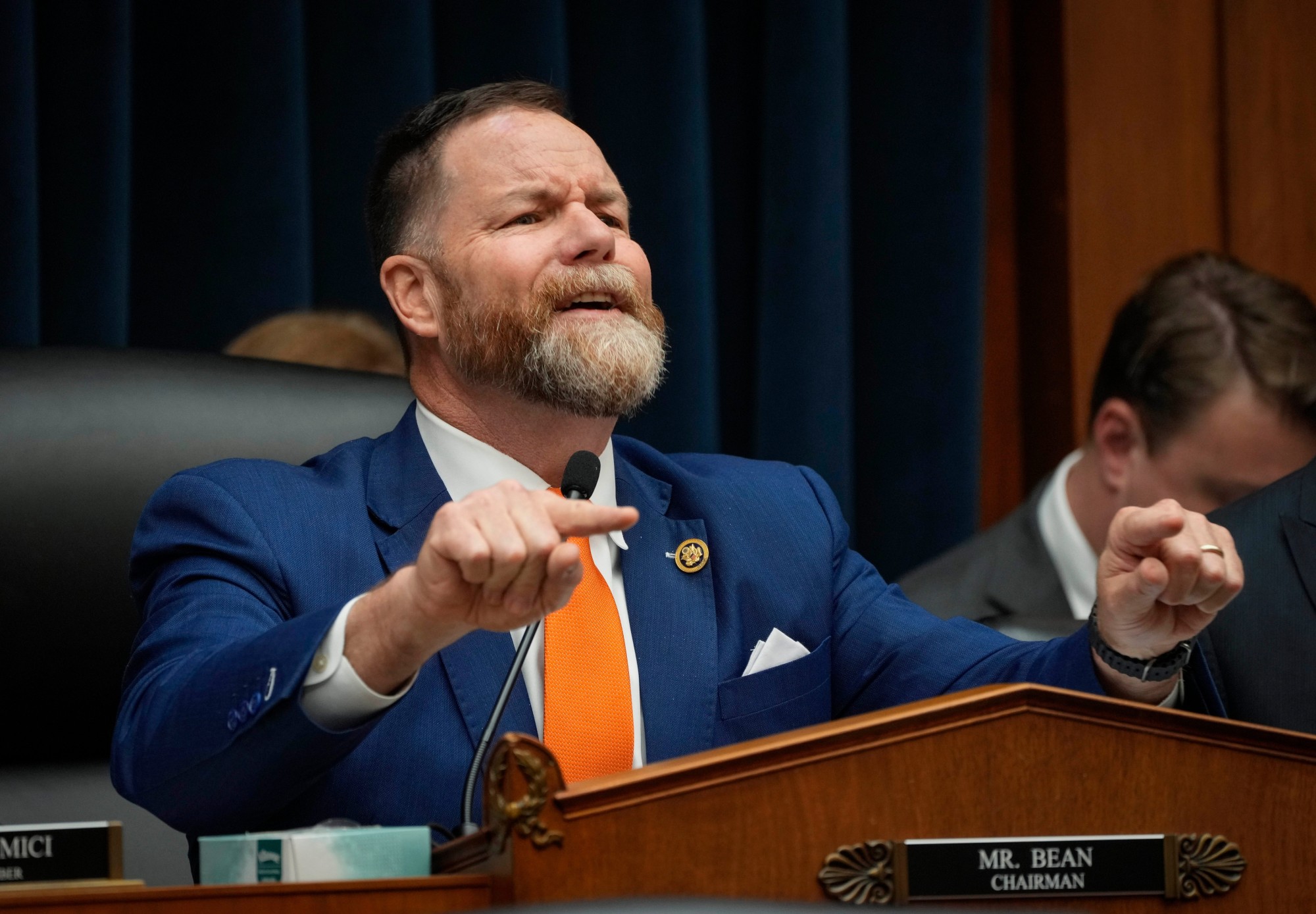
In an exchange with Rep. Aaron Bean (R-FL), Buttigieg countered concerns about the cost of EV tax rebates by pointing out the substantial subsidies the oil and gas industry has long enjoyed. Jack Gruber, Jack Gruber / USA TODAY NETWORK
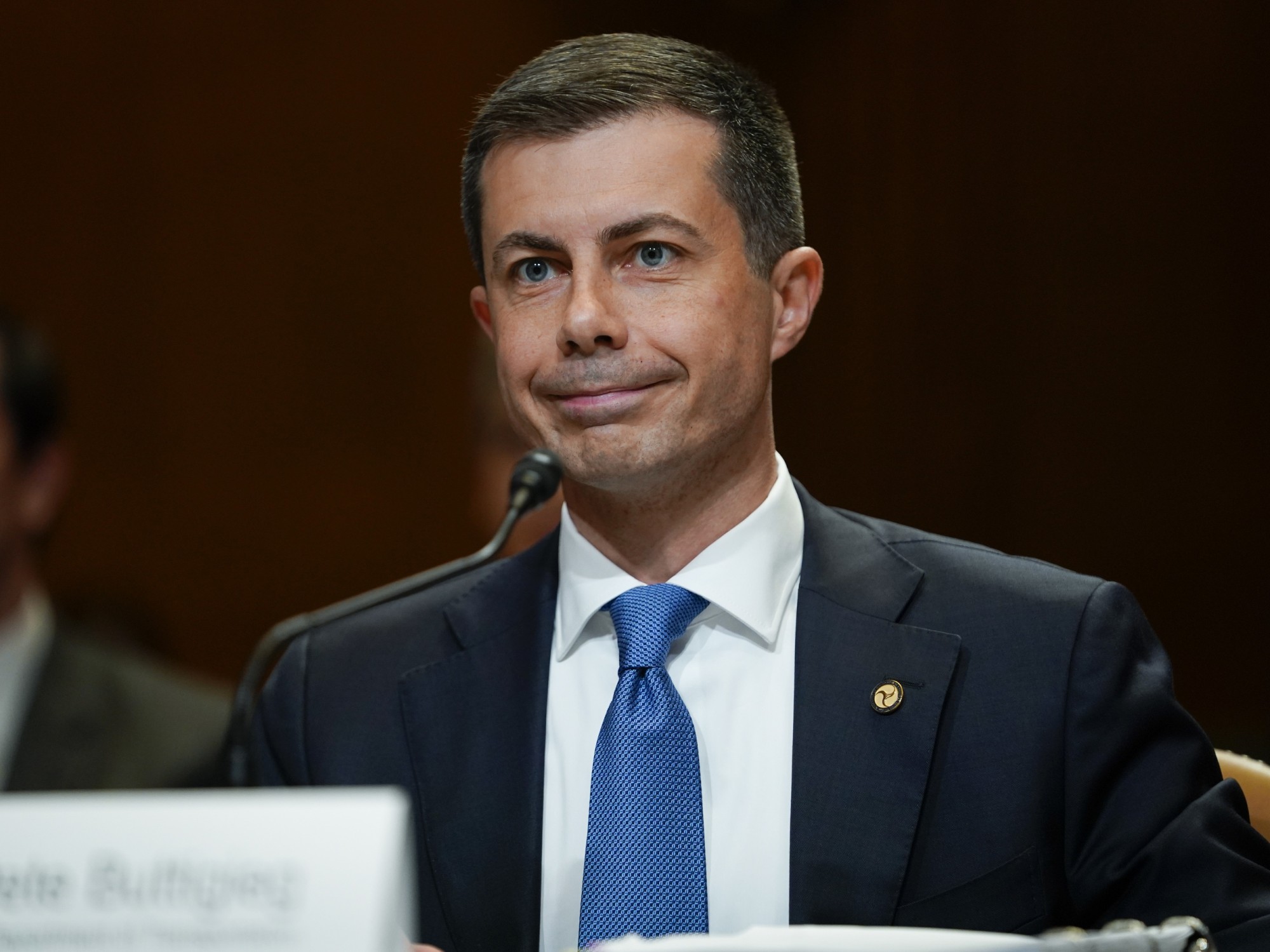
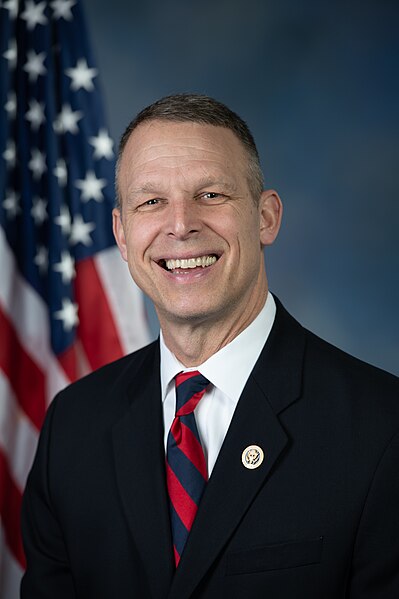
Buttigieg swiftly rebutted this claim, describing it as "a bizarre word to use for a growing sector of our economy." He went on to clarify that EV sales are, in fact, increasing year over year. U.S. House Office of Photography / Wikimedia
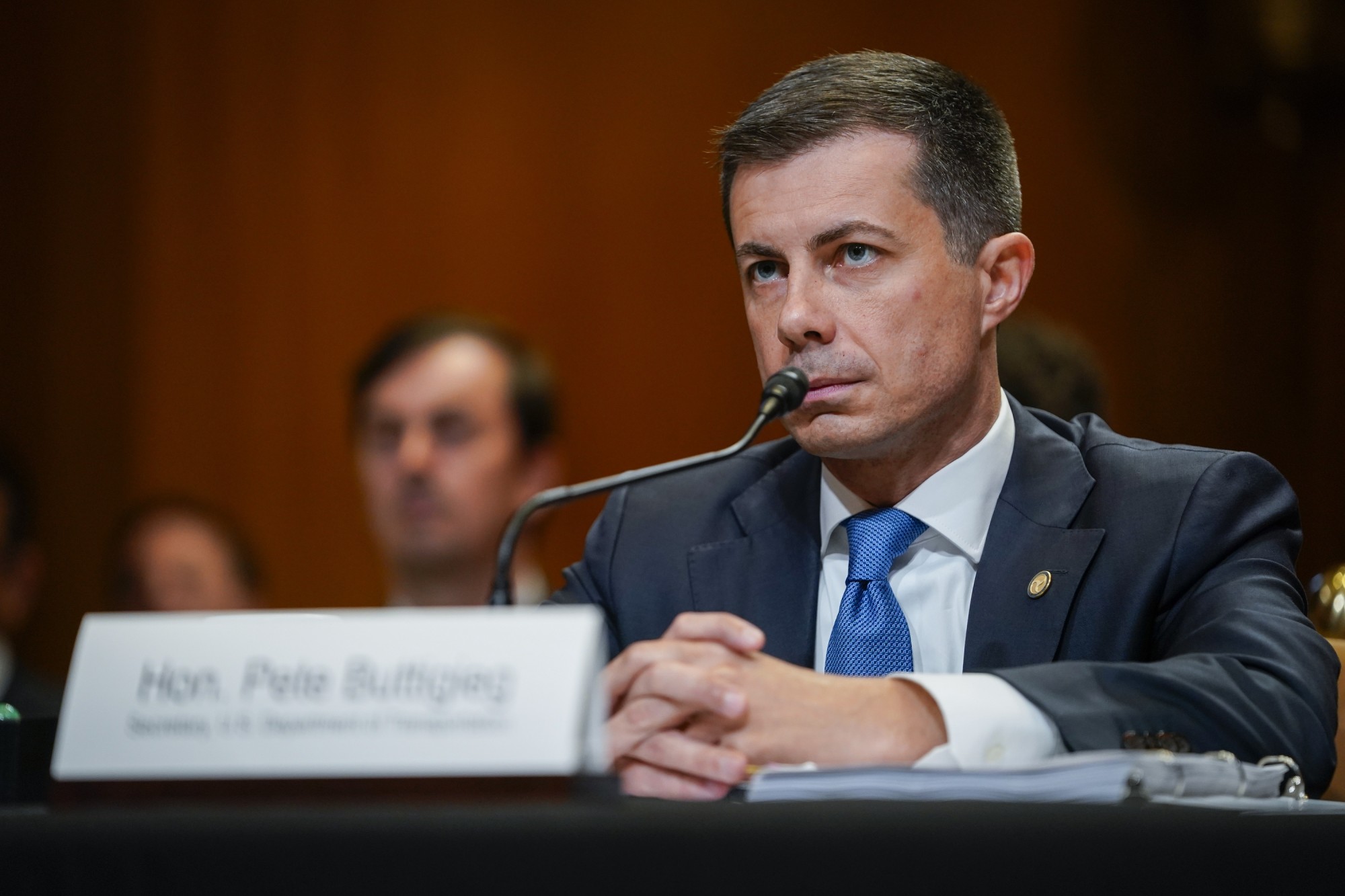
Buttigieg stated, "There is no mandate," explaining that consumers retain the choice between gas-powered and electric vehicles. He added, "You can purchase a gas car if you want to pay gas prices at the pump. But if you don't, you can purchase an EV." Jack Gruber-USA TODAY
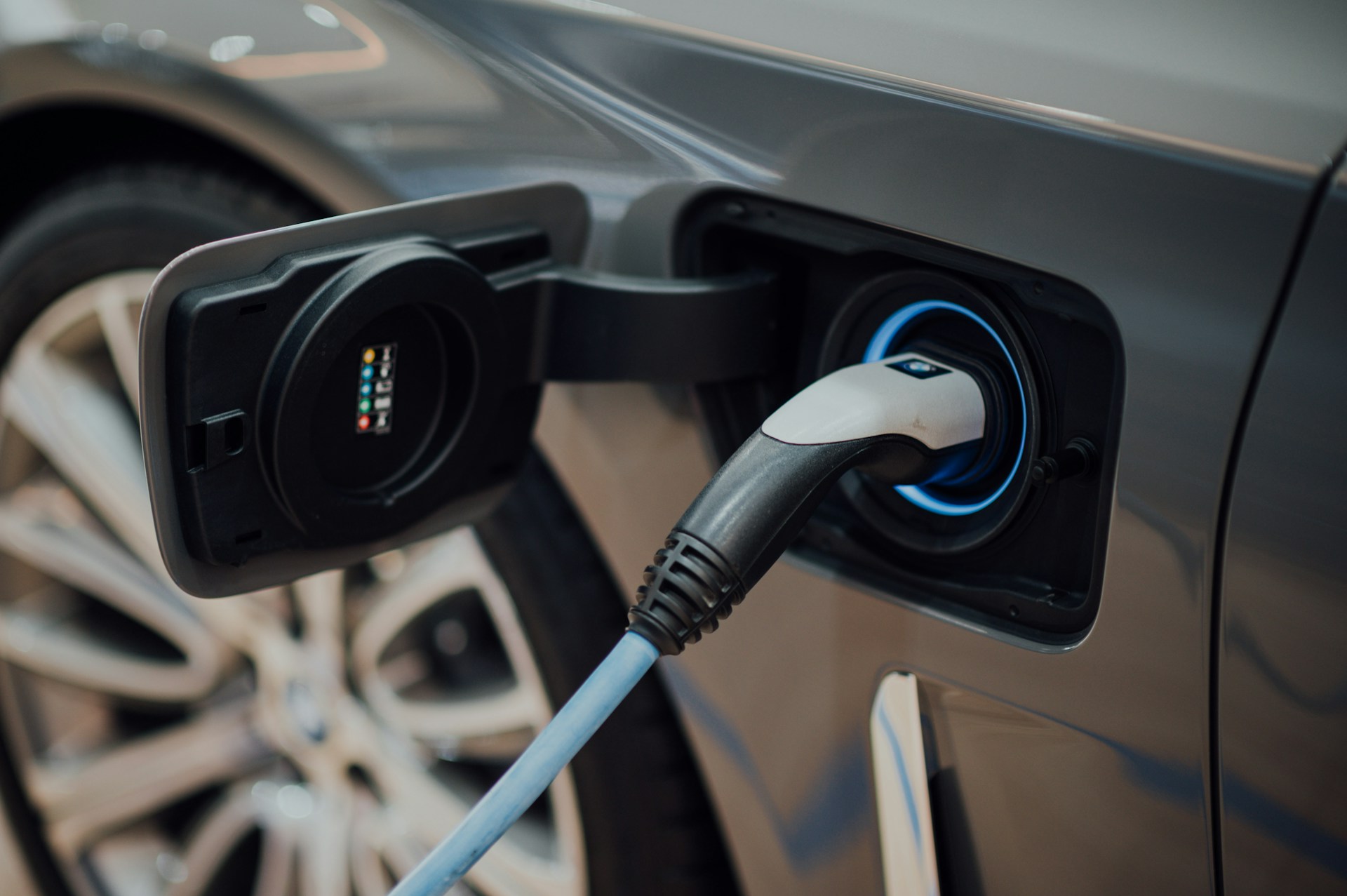
Buttigieg defended the administration's approach as a balanced strategy to support American competitiveness in the EV market, particularly in relation to China's growing presence in the sector. CHUTTERSNAP / Unsplash
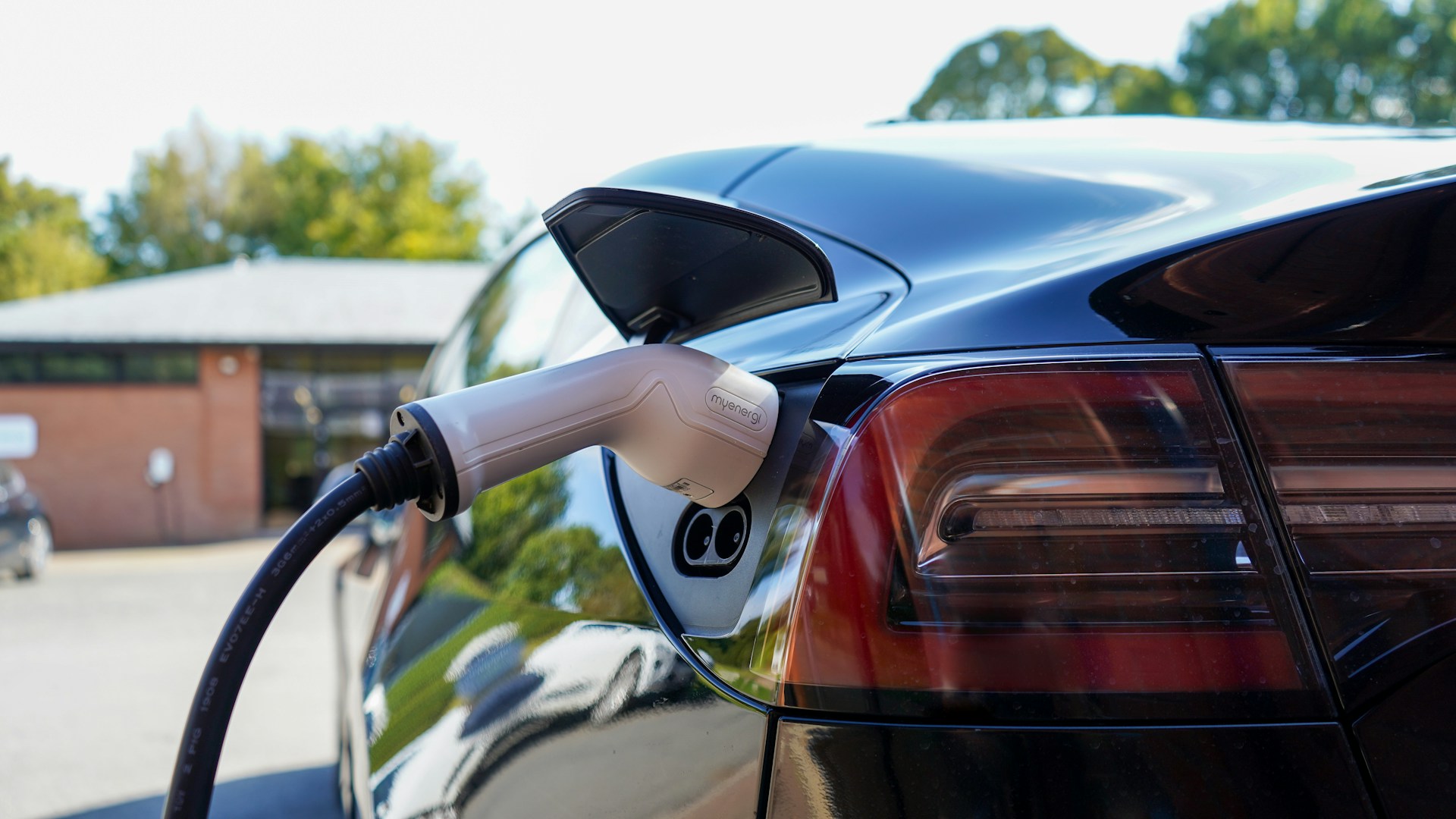
A McKinsey & Company study released in June 2024 suggested that 46 percent of EV owners in the US are 'very' likely to return to gas-powered vehicles, according to The Daily Mail. The study cited concerns about charging infrastructure, total ownership costs, and range anxiety as primary factors influencing this sentiment. myenergi / Unsplash
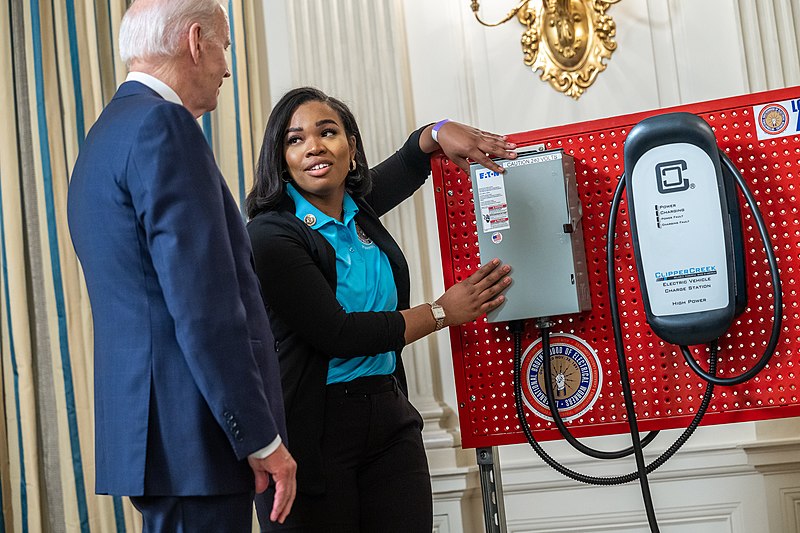
While the administration views these initiatives as crucial for combating climate change and maintaining US automotive leadership, critics argue that the market should dictate the pace of EV adoption. The White House / Wikimedia